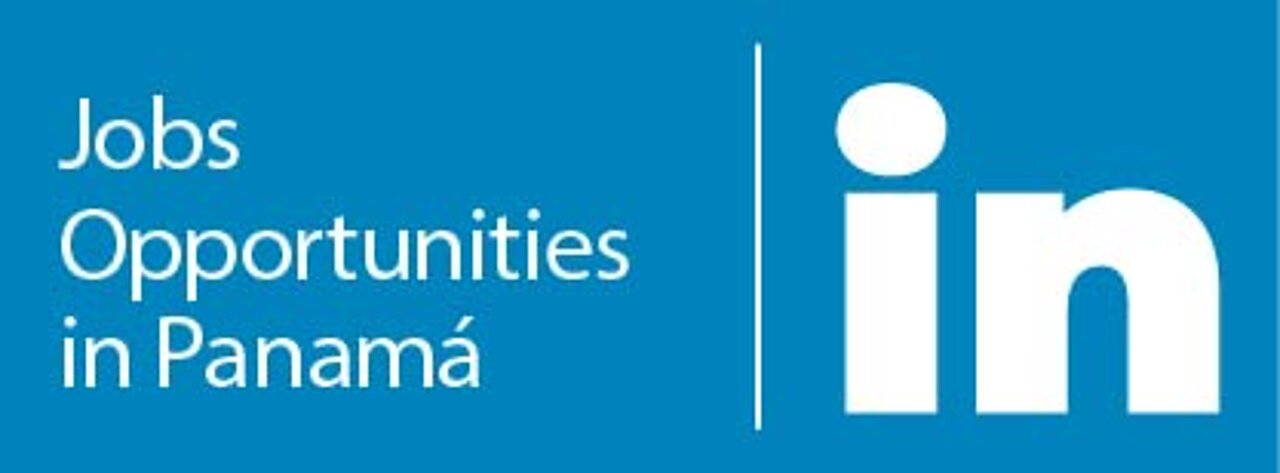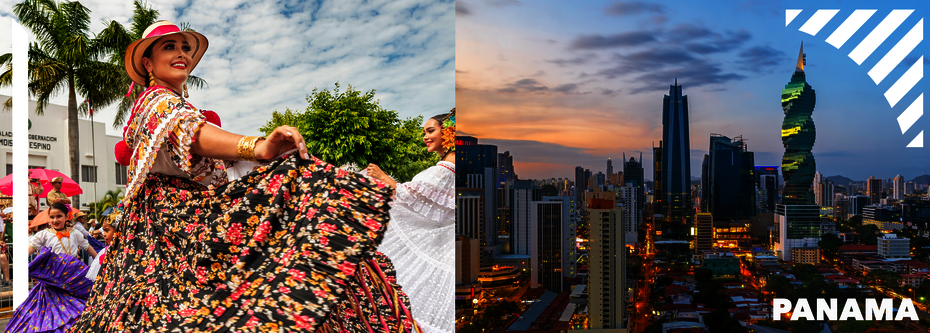Panama became a non-founding regional CABEI member in 2007. At the close of 2020, it had a shareholding of 4.84% and US$ 64.00 million in capital contributions.
Its subscribed capital is US$ 358.40 million. Between 2016-2020, Bank approvals to the country reached the US$ 1.8 billion, while disbursements for that same period totaled US$ 1.7 billion. Specifically in 2020, CABEI channeled approvals amounting to US$ 400.0 million and disbursements totaling US$ 738.0 million to meet the population’s needs stemming from the COVID-19 emergency and to support economic recovery.
CABEI fosters the interest of 13,000 Panamanian boys and girls in science, technology, engineering, arts and mathematics
![[Translate to English:] [Translate to English:]](/fileadmin/_processed_/5/7/csm_shutterstock_767812090_5866fcf2fc.jpg)
The multilateral granted non-reimbursable financial cooperation in the amount of US$1.0 million to strengthen the health and education sectors.
Panama City, January 27th, 2023 - Nearly 13,000 children studying at 26 Early Childhood Care Centers (CAIPI) in Panama will receive technical-scientific and artistic training from the preschool stage with the support of the Central American Bank for Economic Integration (CABEI), which granted non-reimbursable financial cooperation including US$475,000 for that purpose.
The initiative, which consists of the development of a STEAM (Science, Technology, Engineering, Arts and Mathematics) Education Agenda through the elaboration of public policies in the Panamanian educational system, will be executed by the Office of the First Lady of the Republic and also contemplates the certification of 52 teachers in STEAM education.
"We are pleased to support projects that transform learning and promote inclusive, equitable and quality education, thus providing opportunities that maximize equal access to all levels of education in Panama and throughout our region," said CABEI Executive President Dr. Dante Mossi.
As part of the country's priorities in education, it is imperative to develop activities framed in STEAM programs, using the "Learning by Doing" methodology to improve their skills and knowledge, aiming to form a better qualified workforce in the near future.



![[Translate to English:] [Translate to English:]](/fileadmin/_processed_/e/4/csm_captura_58e5abab82.jpg)

